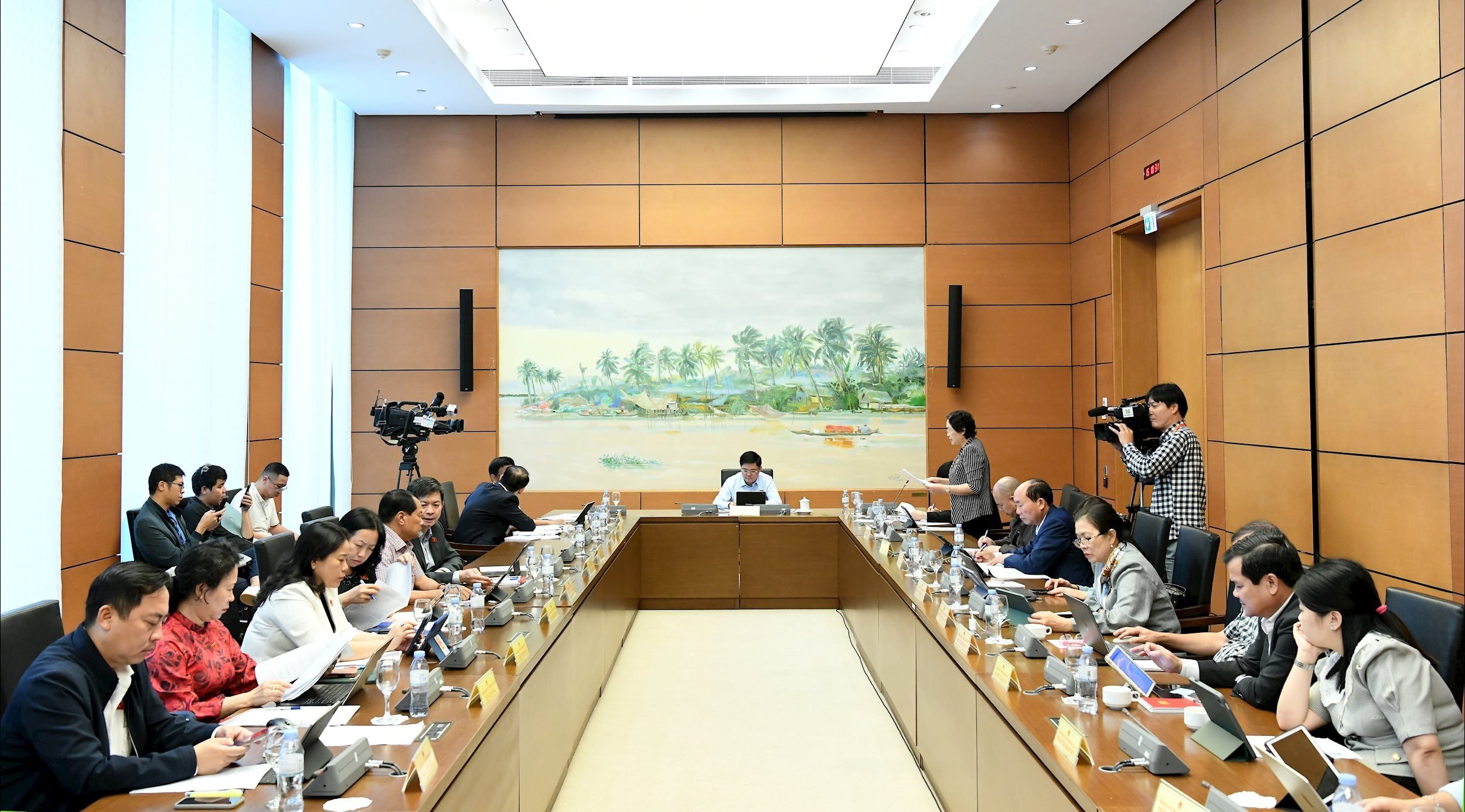
Discussing the draft Investment Law (amended), National Assembly deputies in Group 11, including the National Assembly delegations of Can Tho city and Dien Bien province, expressed their high consensus on the need to comprehensively amend the current Investment Law to resolve urgent problems; at the same time, they requested to clarify more contents to increase the effectiveness of investment attraction.
Need superior mechanism to compete
National Assembly Deputy Nguyen Manh Hung (Can Tho) pointed out that administrative procedures in the investment sector are still "very cumbersome and take a lot of time".
Delegates emphasized that to make a breakthrough, Vietnam must have "outstanding mechanisms and policies".
Commenting on Clause 3, Article 15 (forms of investment support), delegate Nguyen Manh Hung suggested considering and adding two more forms of investment support.
Firstly, support the construction and application of appropriate and modern corporate governance models and provide supporting software to transform corporate governance forms to achieve the goal of having 2 million enterprises by 2030 and transforming 5 million business households.

"This conversion involves a lot of procedures, especially tax procedures. We are moving from lump-sum tax to tax declaration based on income and business. This also requires great support from the state and management agencies so that these business households can be bold in the conversion process, from tax declaration, from software, and then support in administration," delegate Nguyen Manh Hung emphasized.
Second , support businesses to adapt to climate change and protect the environment. The reason is that in some areas today, especially the Mekong Delta, there is a great sensitivity to climate change. In recent years, the impact of climate change has directly affected the production and business activities of businesses. Therefore, it is necessary to consider adding Clause 3, Article 15 for more completeness.
Detailed provisions in the Law will be difficult to implement .
Article 16 stipulates preferential investment sectors and occupations and preferential investment locations. Delegate Nguyen Manh Hung said, "It seems that this Article only focuses on preferential sectors and occupations, while preferential locations are not clear."

Delegates suggested considering additional proposals on preferential areas, focusing on two specific areas: areas with many difficulties in transport infrastructure, ineffective logistics systems, and areas heavily affected by climate change and unpredictable natural disasters that negatively affect production and business activities of enterprises and people's lives.
Also related to Article 16 on investment incentive industries and investment incentive locations, National Assembly Delegate Nguyen Van Quan (Can Tho) proposed adding the phrase "industrial and handicraft clusters" to the group of locations enjoying investment incentives at Point b, Clause 2, Article 16.
The reason, according to the delegate, is that the nature of industrial and handicraft clusters is also to create premises for businesses and production facilities. The only difference is that industrial parks can attract large businesses, businesses from other provinces, and large-scale businesses, while industrial clusters mainly create premises for businesses and small-scale production facilities in the locality. Production facilities that are at risk of pollution must also be gathered and brought into industrial clusters for good management.
Regarding this issue, Minister of Finance Nguyen Van Thang, National Assembly member of Dien Bien province, said that the draft Law is designed in the form of a "framework law". In particular, regarding the investment portfolio, the draft Law "only stipulates the principles of projects that are eligible for investment incentives, while the specific portfolio will be specified in detail in the decree. If the provisions in the law are more detailed, it will be more difficult to implement later".
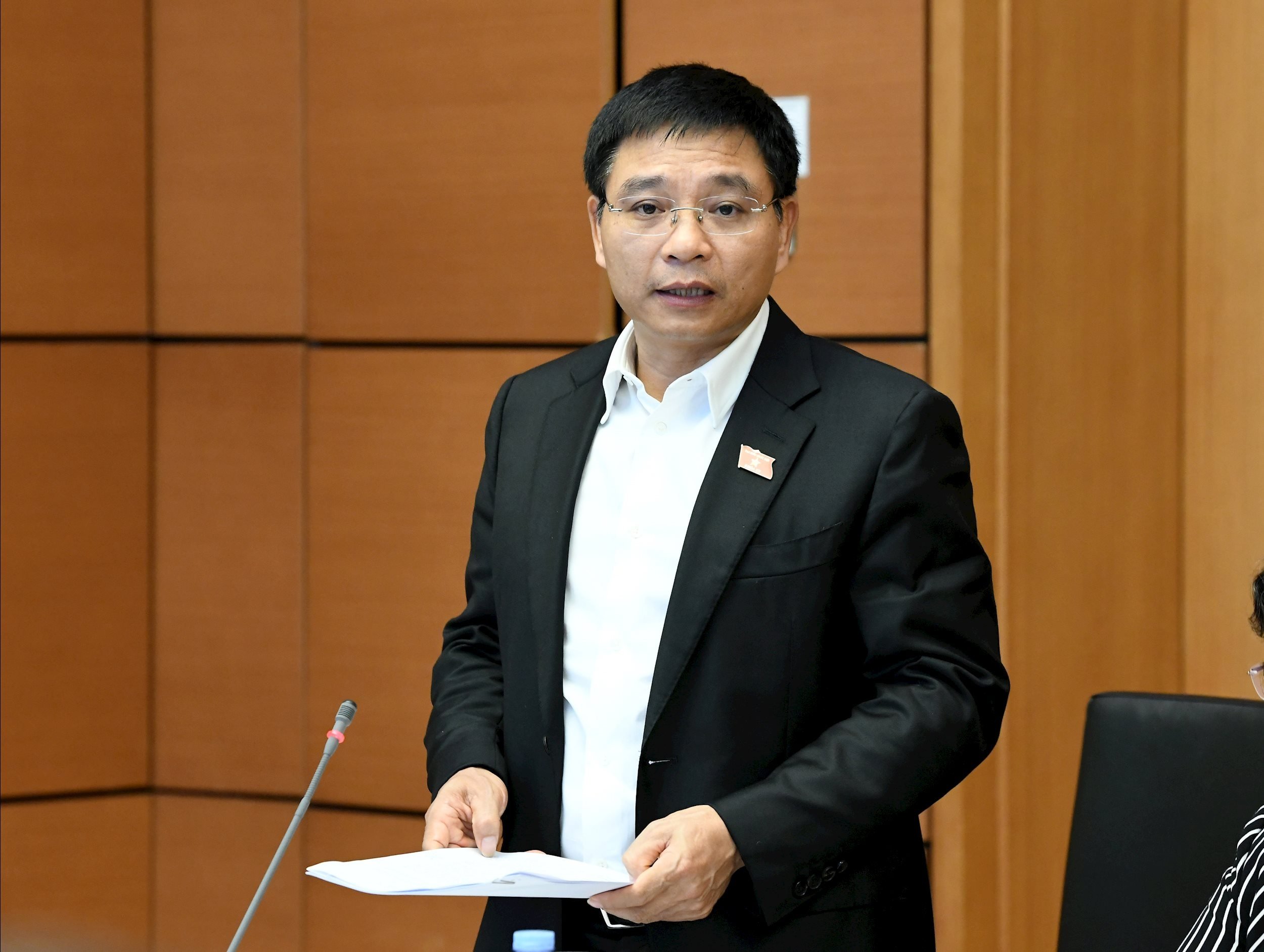
Similarly, regarding preferential areas, the Minister said that the draft Law's provisions are "comprehensive"; he pledged to "pay close attention to including in the decree the opinions of delegates on incentives for areas with difficulties in transport infrastructure or affected by natural disasters and climate change.
In addition, the draft Law also has preferential regulations for agricultural development and "industrial and handicraft clusters", in which these subjects do not have to approve investment policies and still enjoy incentives.
The Ministry of Finance is determined to "reduce the content"
Regarding Article 25 on projects subject to investment policy approval, Delegate Nguyen Manh Hung highly appreciated the drafting agency for boldly removing many subjects and projects that do not need to go through the investment policy approval step. By removing this step, the investment process and procedures are also greatly shortened.
However, this omission was carried out by the drafting agency by only giving a number of cases that require investment policy approval. Basically agreeing with this regulation, delegate Nguyen Manh Hung also suggested reviewing whether the number of projects subject to investment policy approval here can be further shortened?
Expressing his personal opinion, delegate Nguyen Manh Hung said that there are two groups that are required to have investment policy approval procedures during project implementation, including: groups of projects related to complex and sensitive issues of national defense and security at the border or in areas that may cause impacts on national defense and security; groups of projects that apply special mechanisms different from the provisions of laws, ordinances, and resolutions of the National Assembly and the National Assembly Standing Committee.

In addition to the above two groups, delegates suggested further consideration to be able to narrow down the types of projects that do not require additional steps of investment policy approval because in reality there are a number of large investment projects that only a few large investors in the world can implement, but when entering Vietnam, they find many procedures involved, including procedures related to investment policy approval that take a lot of time, so they choose another country to invest in.
Regarding this content, Minister of Finance Nguyen Van Thang said that the drafting agency has received opinions from the appraisal agency and the National Assembly Standing Committee to "narrow down and clarify projects that must undergo investment policy approval", including important infrastructure projects (seaports, airports, telecommunications, publishing, press, etc.), projects proposing to use land in coastal areas, or projects with major environmental impacts or implemented in areas sensitive to national defense and security.
Regarding the content of investment policy approval, the Ministry of Finance is resolutely "reducing the content", ensuring to only retain "very essential, very basic, very concise" information such as scale, objectives, location, progress, and project implementation period.
Regarding the general view, the Minister emphasized that "it is necessary to minimize the list of projects that must undergo investment policy approval procedures. Only those that are truly necessary should be regulated, and the rest should be eliminated as much as possible"; at the same time, he committed to "continue to review" both the number of industries and the content of investment policy approval.
Source: https://daibieunhandan.vn/se-giam-toi-da-danh-muc-du-an-phai-thuc-hien-thu-tuc-chap-thuan-chu-truong-dau-tu-10395246.html






![[Photo] Prime Minister Pham Minh Chinh receives Lao Minister of Labor and Welfare Phosay Sayasone](https://vphoto.vietnam.vn/thumb/1200x675/vietnam/resource/IMAGE/2025/11/11/1762872028311_dsc-2246-jpg.webp)









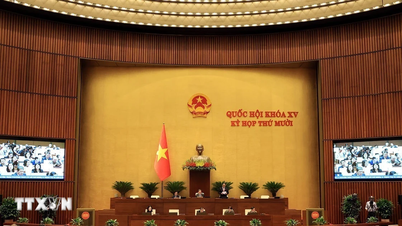

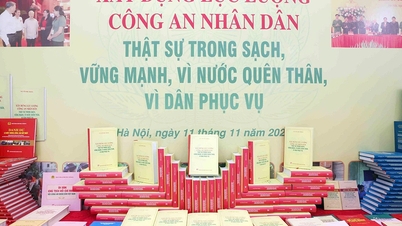



![[Video] Draft documents of the 14th National Congress emphasize the key role of foreign affairs](https://vphoto.vietnam.vn/thumb/402x226/vietnam/resource/IMAGE/2025/11/12/1762905940110_dung00-24-48-14still009-jpg.webp)
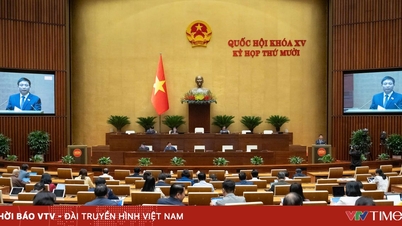

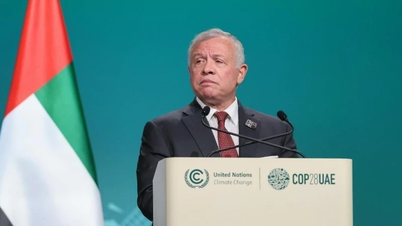





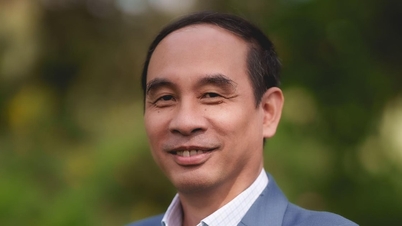
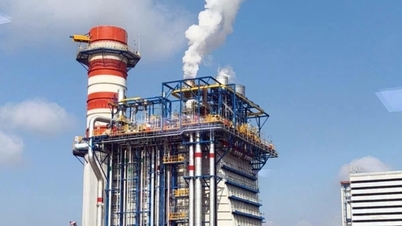

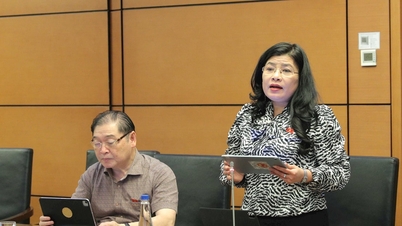

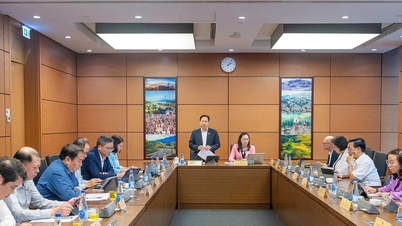








































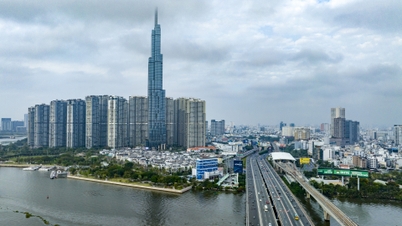
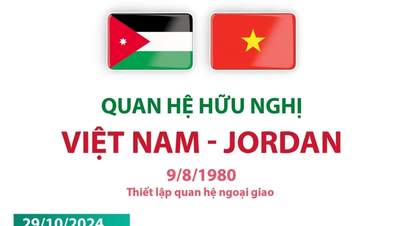







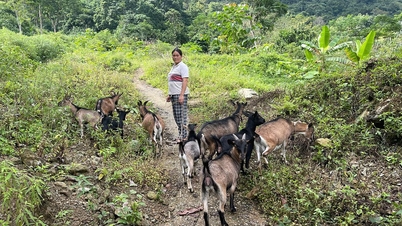




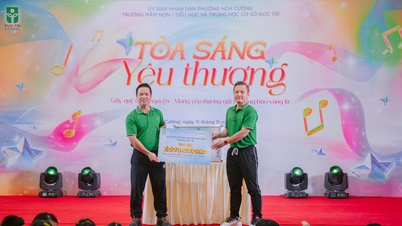



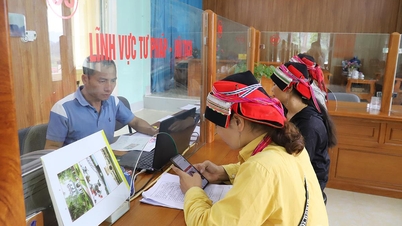




![Dong Nai OCOP transition: [Article 3] Linking tourism with OCOP product consumption](https://vphoto.vietnam.vn/thumb/402x226/vietnam/resource/IMAGE/2025/11/10/1762739199309_1324-2740-7_n-162543_981.jpeg)








Comment (0)